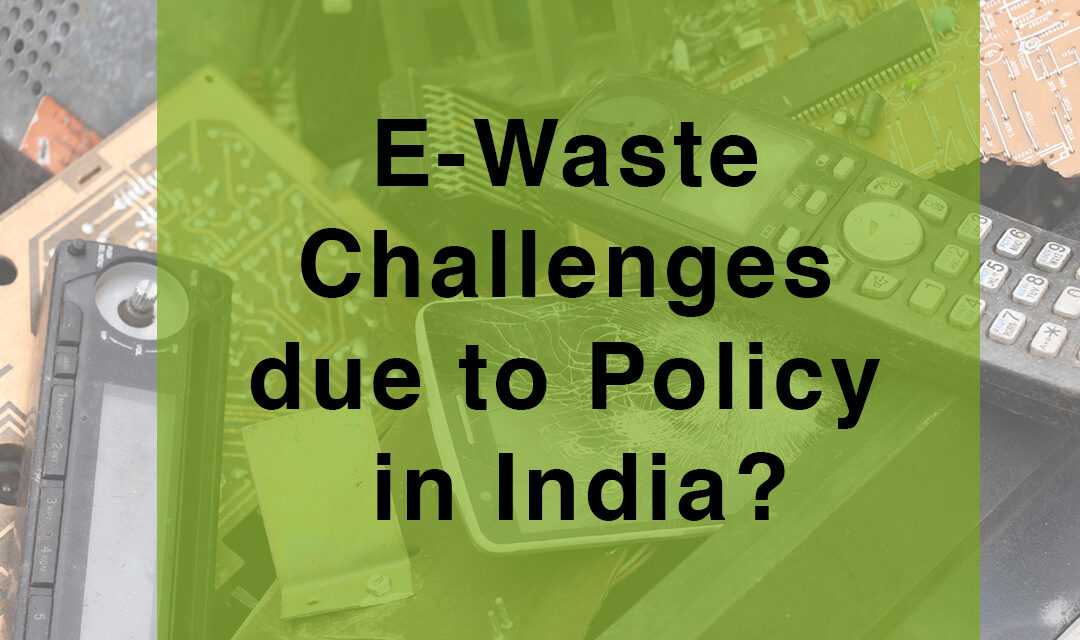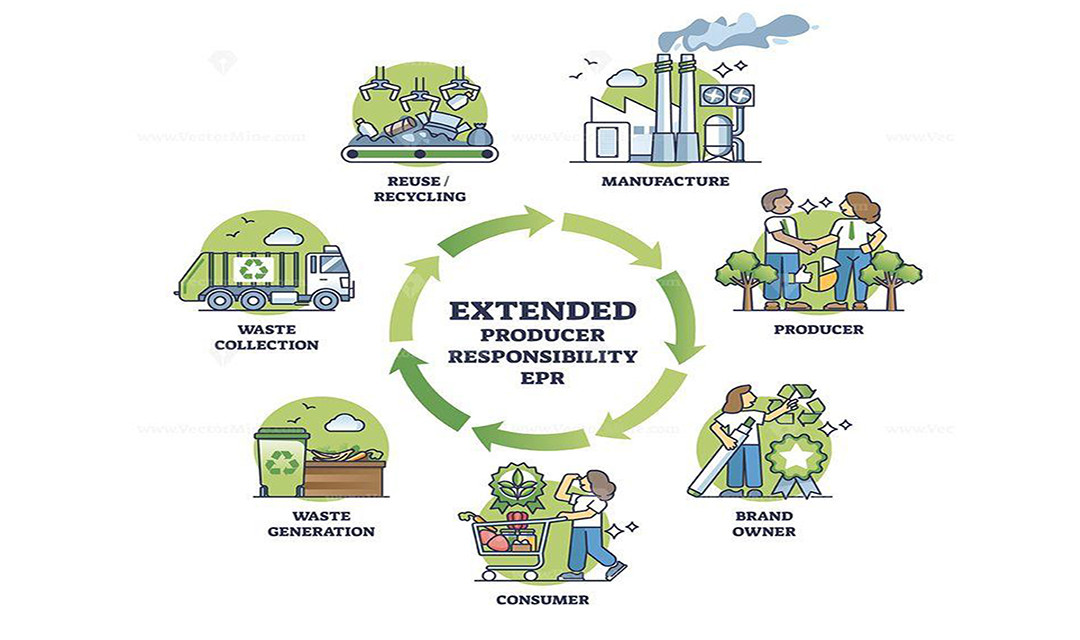While India has made efforts to address the challenges of eWaste through policies and regulations, there are still some existing challenges that need to be addressed. Here are a few key challenges related to eWaste policy in India:
- Informal Sector Dominance: The informal sector plays a significant role in eWaste recycling and management in India. However, the lack of formalization and regulation in this sector poses challenges in terms of environmental and occupational health and safety standards. Integrating the informal sector into the formal eWaste management system while providing support and training is essential.
- Lack of Infrastructure: Adequate infrastructure for eWaste collection, recycling, and disposal is crucial for effective management. However, the existing infrastructure in India is often inadequate, particularly in rural and remote areas. Setting up eWaste collection centers, recycling facilities, and proper disposal mechanisms across the country requires investment and planning.
- Limited Awareness and Compliance: Awareness about the importance of proper eWaste management is still relatively low among the general public. Many people are unaware of the harmful impacts of improper eWaste disposal and the need for responsible recycling. Additionally, ensuring compliance with eWaste regulations among businesses, manufacturers, and consumers remains a challenge that requires continued awareness campaigns and enforcement.
- Extended Producer Responsibility (EPR) Implementation: The concept of Extended Producer Responsibility (EPR) places the responsibility for managing eWaste on the manufacturers and importers of electronic products. While EPR is mandated by law in India, its effective implementation and enforcement are still evolving. Some manufacturers and importers face challenges in fulfilling their EPR obligations, leading to gaps in the collection and recycling of eWaste.
- Supply Chain Complexity: The eWaste supply chain in India involves multiple stakeholders, including manufacturers, distributors, retailers, consumers, recyclers, and waste management agencies. Coordinating and ensuring the seamless flow of eWaste through the supply chain, along with proper documentation and tracking, can be complex and challenging.
- Limited Infrastructure for Data Destruction: Data security is a critical aspect of eWaste management, particularly for devices like computers, laptops, and mobile phones that store personal and sensitive information. The availability of proper infrastructure for secure data destruction, including data wiping or physical destruction, is essential to protect individuals’ privacy and prevent data breaches.
Addressing these challenges requires a collaborative effort involving the government, industry, civil society organisations, and the public. Strengthening E-Waste policies, investing in infrastructure, raising awareness, promoting responsible recycling practices, and encouraging innovation in E-Waste management technologies are some of the key steps to overcome the challenges and improve E-Waste management in India.





